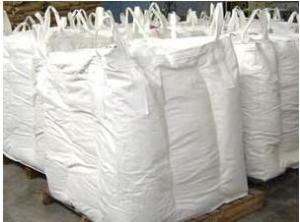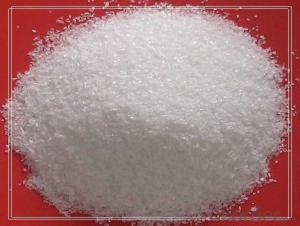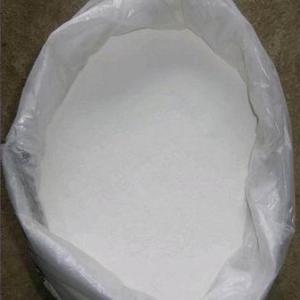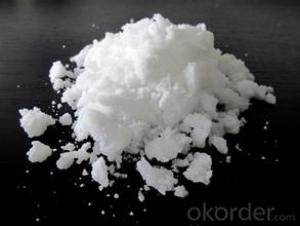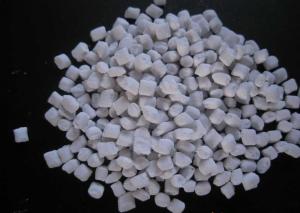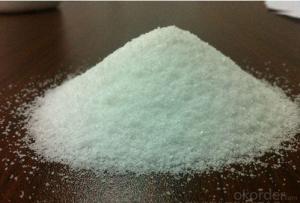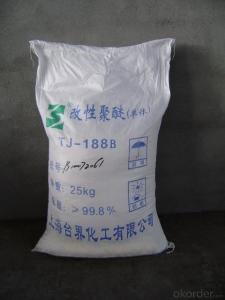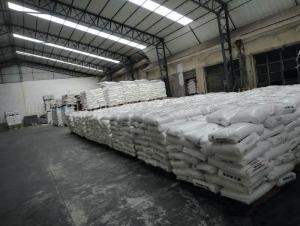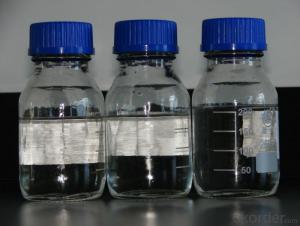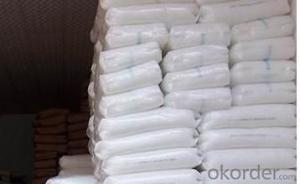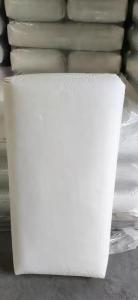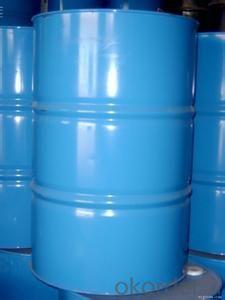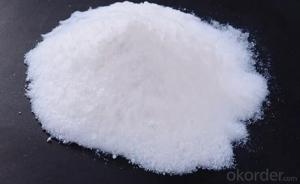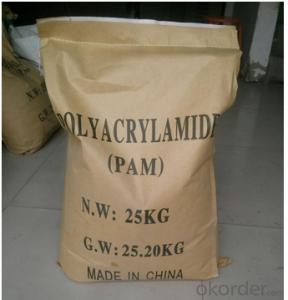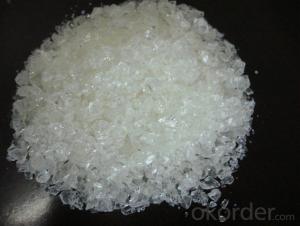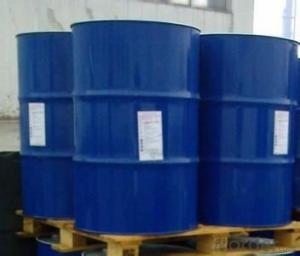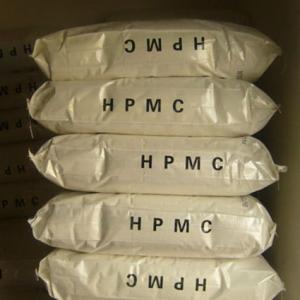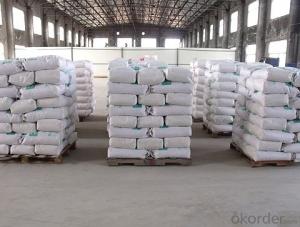All Categories
- - Steel Wire Rod
- - Steel Coils
- - Steel Profiles
- - Steel Pipes
- - Stainless Steel
- - Tinplate
- - Special Steel
- - Steel Sheets
- - Steel Rebars
- - Steel Strips
- - Hot Rolled Steel
- - Cold Rolled Steel
- - Pre-painted Steel
- - Seamless Steel Pipe
- - Welded Steel Pipe
- - Hollow Steel Tubes
- - Galvanized Pipe
- - Stainless Steel Coil
- - Stainless Steel Sheet
- - Stainless Steel Plate
- - Stainless Steel Strips
- - Electrolytic Tinplate Coil
- - Electrolytic Tinplate Sheet
- - Stainless Steel Rebars
- - Solar Panels
- - Solar Water Heater
- - Solar Related Products
- - Solar Inverter
- - Solar Cells
- - Solar Light
- - Solar Energy Systems
- - Solar Controllers
- - Solar Mounting System
- - Solar Pump
- - Solar Chargers
- - Fiberglass Chopped Strand
- - Fiberglass Mesh Cloth
- - Composite Pipes
- - FRP Pultrusion Profiles
- - Fiberglass Mat Tissue
- - Fiberglass Fabrics
- - Fiberglass Mesh
- - Composite Tank
- - Fiberglass Mesh tape
- - Polymer
- - FRP Roofing Panel
- - Fiberglass Roving
- - Monolithic Refractories
- - Ceramic Fiber Products
- - Refractory Bricks
- - Raw Materials For Refractory
- - Suspended Platform
- - Cranes
- - Concrete Machinery
- - Earthmoving Machinery
- - Building Hoist
- - Road Building Machinery
- - Plastic Pipe Fittings
- - Plastic Tubes
- - Plastic Sheets
- - Agricultural Plastic Products
- - Plastic Nets
 All Categories
All Categories
Q & A
What is the role of polymers in the production of biomaterials?
Polymers play a crucial role in the production of biomaterials as they provide the structural framework and functional properties necessary for applications in medicine and healthcare. These versatile macromolecules can be tailored to exhibit specific characteristics such as biocompatibility, biodegradability, and mechanical strength, making them ideal for developing implants, drug delivery systems, tissue scaffolds, and diagnostic tools. Polymers also offer the advantage of being easily processed into various forms, allowing for customization and ease of manufacturing. Their ability to mimic the natural environment of biological tissues makes polymers indispensable in the field of biomaterials, enabling advancements in regenerative medicine and improving patient outcomes.
How do polymers affect the stability of emulsions and suspensions?
Polymers can significantly influence the stability of emulsions and suspensions. When added to these systems, polymers can act as stabilizers by physically adsorbing onto the surface of droplets or particles, forming a protective layer. This hinders the coalescence of droplets in emulsions or aggregation of particles in suspensions, leading to enhanced stability. Polymers can also increase the viscosity of the continuous phase, providing resistance against sedimentation or creaming, thus improving the stability further. Additionally, polymers may exhibit steric repulsion, preventing close contact and flocculation of particles. Overall, polymers play a crucial role in stabilizing emulsions and suspensions by altering the interfacial and rheological properties of these systems.
What are biocompatible polymers?
Biocompatible polymers refer to a class of synthetic materials that are safe and compatible with living tissues and biological systems. These polymers are designed to mimic the properties of natural substances in order to minimize any adverse reactions or immune responses when they come into contact with the body. Biocompatible polymers have various applications in medical devices, drug delivery systems, tissue engineering, and regenerative medicine.
What is a polymer?
A polymer is a large molecule composed of repeating subunits called monomers, which are connected through chemical bonds. These long chains of monomers give polymers their unique physical and chemical properties.
Wholesale Polymer from supplier in Afghanistan
Whether you require Polymer products for construction, packaging, automotive, or any other application, we have a wide range of options to meet your specific requirements. Our product portfolio includes a variety of polymers such as polyethylene, polypropylene, PVC, and PET, among others.
In addition to our diverse product range, we also offer comprehensive sales and quotation services. Our team of experienced professionals will work closely with you to understand your requirements and provide competitive pricing and timely quotations.
Furthermore, we understand the importance of technical support in ensuring the successful implementation of your projects. Our dedicated technical support team is well-versed in the properties, applications, and processing techniques of our Polymer products. They will assist you in selecting the most suitable polymer for your specific needs and provide guidance on its usage and handling.
As a subsidiary platform of CNBM, a Fortune Global 500 company, we have access to extensive resources and expertise. This allows us to provide you with reliable and high-quality Polymer products that meet international standards. Our commitment to quality and customer satisfaction has earned us a reputation as a trusted supplier in the Afghan market.
Whether you are a contractor, distributor, or end-user, we are here to support your Polymer procurement needs in Afghanistan. Contact us today to discuss your requirements and experience our professional services and superior product offerings.
In addition to our diverse product range, we also offer comprehensive sales and quotation services. Our team of experienced professionals will work closely with you to understand your requirements and provide competitive pricing and timely quotations.
Furthermore, we understand the importance of technical support in ensuring the successful implementation of your projects. Our dedicated technical support team is well-versed in the properties, applications, and processing techniques of our Polymer products. They will assist you in selecting the most suitable polymer for your specific needs and provide guidance on its usage and handling.
As a subsidiary platform of CNBM, a Fortune Global 500 company, we have access to extensive resources and expertise. This allows us to provide you with reliable and high-quality Polymer products that meet international standards. Our commitment to quality and customer satisfaction has earned us a reputation as a trusted supplier in the Afghan market.
Whether you are a contractor, distributor, or end-user, we are here to support your Polymer procurement needs in Afghanistan. Contact us today to discuss your requirements and experience our professional services and superior product offerings.
